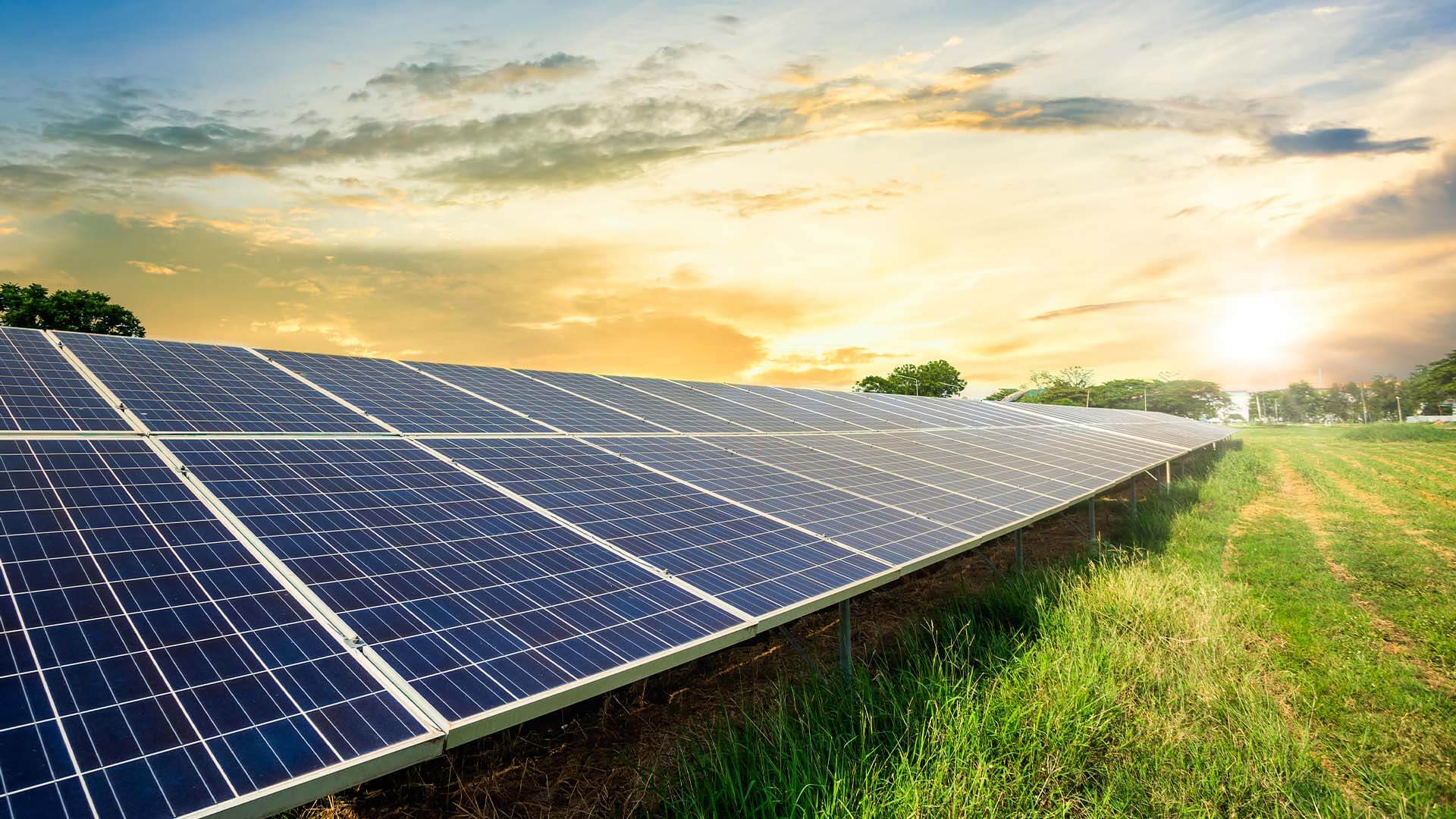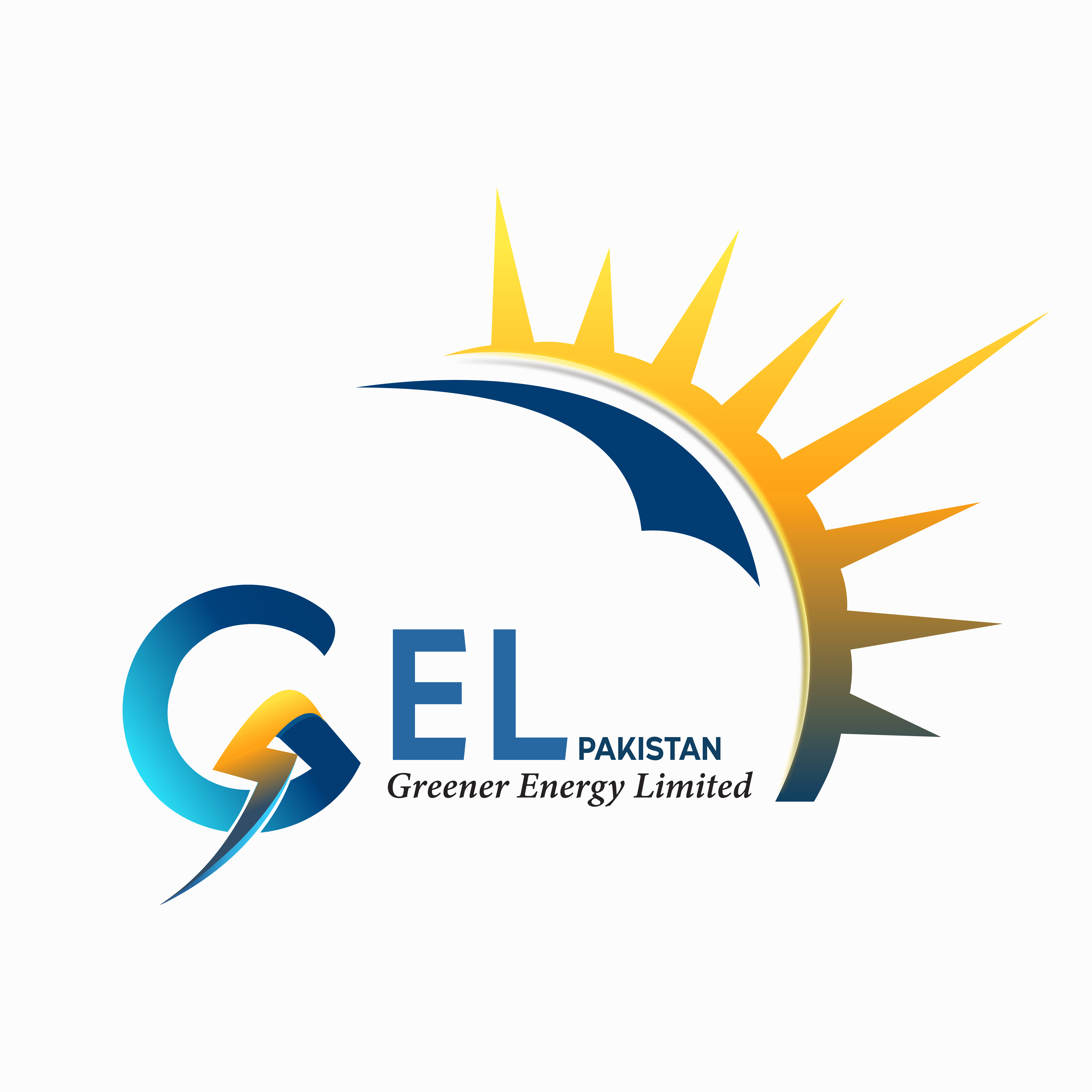Types of Solar Panel: An Ultimate Guide to Select the best one for your home or business

Types of Solar Panel: An Ultimate Guide to Select the best one for your home or business
When it comes to solar technology, a renewable energy source, the first thing that comes to our mind is solar panels. Solar panels are devices that convert solar power from the solar system into electrical energy. If you are thinking to install a solar panel system at your home or business then, it is very important to know about the multiple aspects such as solar panel efficiency, expenses, and solar panel models before making a purchase.
Table of Contents
Types of Solar Panels
There are three types of solar panels available in the market: monocrystalline, polycrystalline, and thin-film solar panels. In this article, we will discuss all three types of solar panels in detail so that you can make an informed decision while selecting the best one for your home or business.

Monocrystalline Solar Panels
The monocrystalline solar panel is also known as single-crystal silicon or mono-Si solar panels. They are made up of a single silicon crystal. Monocrystalline panels are manufactured through a process EM (Time-lapse Electron Microscopy). In this process, a large silicon crystal is cut into thin wafers which are then used to make solar cells.
Monocrystalline panels are more efficient compared to other types of solar panels. They have higher energy efficiency and require less area for installation. Monocrystalline panels also have a longer lifespan as compared to other types of solar panels. These monocrystalline solar cells are very efficient and offer the highest energy efficiency. However, the monocrystalline solar panel is also the most expensive solar power system available on the market.
Polycrystalline Solar Panels
The polycrystalline panels are also known as multi-crystal silicon or poly-Si solar panels. They are made up of multiple silicon crystals. These crystals are melted and cast into square molds which results in the formation of wafers.
Polycrystalline panels are less expensive than monocrystalline panels. They also have a shorter lifespan and require more area for installation. These solar panels are less efficient than monocrystalline panels but they are also less expensive. However, these solar panel brands are more efficient than thin-film solar panels.


Thin-Film Solar Panels
Thin-film solar panels are also known as amorphous silicon or a-Si solar panels. They are made up of thin layers of photovoltaic materials such as amorphous silicon, cadmium telluride, or copper indium gallium selenide. These solar panel brands are very lightweight and flexible which makes them easy to install. The thin-film panel is also the most affordable type of solar panel available on the market.
Thin-film solar panels are less efficient compared to monocrystalline and polycrystalline panels. They also have a shorter lifespan and require more area for installation. However, this solar panel type is very affordable which makes them a good option for people who are looking for an affordable way to install solar panels.
Key Parameters of Solar Panels
When making a decision, it is important to consider all the factors such as efficiency, cost, and lifespan. Now let’s compare all three types of solar panels based on some key parameters:
Efficiency:
The monocrystalline panel is the most efficient solar panel with an efficiency of around 20%. The polycrystalline solar panel has an efficiency of around 15%. Thin-film panels have the lowest efficiency at around 12%.
Solar Panels Cost:
Monocrystalline panels are the most expensive type of solar panel. Polycrystalline panels are less expensive than monocrystalline panels. Thin-film panels are the least expensive type of solar panel.
Power output:
The monocrystalline solar panel has the highest energy output. The polycrystalline panel has a lower energy output than monocrystalline solar panels. Thin-film panels have the lowest power output.
Weight:
Thin-film panels are the lightest type of solar panel. Monocrystalline and polycrystalline panels are heavier than thin-film panels.
Size:
Monocrystalline and polycrystalline panels are available in a standard size. Thin-film panels are available in a variety of sizes.
Flexibility:
Thin-film panels are the most flexible type of solar panel. The panels of monocrystalline and polycrystalline are less flexible than thin-film panels.
Temperature Coefficient:
The temperature coefficient is the measure of how much the energy output of a solar panel decreases as the temperature increases. The panels of monocrystalline and polycrystalline have a lower temperature coefficient of -0.3%/degree Celsius to -0.5%/degree Celsius. The temperature coefficient of thin-film panels is closer to -0.2%/degree Celsius.
Hail Resistance:
Monocrystalline and polycrystalline solar panels are more resistant to hail than thin-film panels and can resist a 25mm object falling at about 50 mph. However, it can vary and have an impact on the lifespan of solar panels.
Fire Resistance:
Cells made of monocrystalline silicon are less likely to catch fire than those made from polycrystalline silicon. A thin-film panel is made of materials that are not flammable and have a high melting point, making them more resistant to fire.
UL & IEC Listings:
UL is a US-based certification agency that tests products for safety and gives them a UL listing. IEC is an international certification agency that does the same thing. Solar panels must have a UL or IEC listing to be considered safe. All types of solar panels have UL listings. Monocrystalline and polycrystalline solar panels have UL & IEC listings. Thin-film solar panels do not have UL & IEC listings.
Cost per Watt:
The cost per watt is a measure of the cost of the solar panel divided by the power output of the solar panel. The cost per watt of monocrystalline solar panels is around $0.12 to $0.16. The cost per watt of polycrystalline solar panels is around $0.11 to $0.15. The cost per watt of thin-film panels is around $0.09 to $0.11
Lifespan:
The monocrystalline solar panel has the longest lifespan with an expected lifespan of around 25 to 30 years. The polycrystalline solar panel has a shorter lifespan of 20 to 25 years. The thin-film solar panel has the shortest lifespan of 15 to 20 years.
Pros and Cons of Solar Panels
1- Monocrystalline Solar Panels
Pros:
- High efficiency
- Long lifespan
- Good in low light conditions
- UL & IEC listings
Cons:
- High cost per watt
- Heavyweight
2- Polycrystalline Solar Panels:
Pros:
- Lower cost per watt than monocrystalline solar panels
- UL & IEC listings
Cons:
- Lower efficiency than monocrystalline solar panels
- Shorter lifespan than monocrystalline solar panels
- Heavyweight
3- Thin-film Solar Panels:
Pros:
- Lowest cost per watt
- Lightweight
- Available in a variety of sizes
- Flexible
- Good in high-temperature conditions
Cons:
- Lower efficiency than monocrystalline and polycrystalline solar panels
- The shortest lifespan of the three types of solar panels
- No UL & IEC listings
So, which one is the best type of solar panel for you? It depends on your specific needs and requirements. If you need high efficiency and high power output then monocrystalline solar panels are the best choice for you. If you need a lower cost and lower power output then polycrystalline solar panels are the best choice for you. If you need a flexible and lightweight panel then thin-film solar panels are the best choice for you.
Our Features
We, at Gel Pakistan, provide both residential solar panels as well as commercial with cost-efficient solar solutions. We provide you with a number of benefits, from insights to energy savings:
Experts:
You will be working with a team of highly qualified and certified solar installers who have years of experience in the solar industry. They will collaborate with you throughout the process of solar panel installation. They give you details about how much power is required, how many solar panels should be installed, how much sunlight a panel will capture, and what is the right solar panel for you.
Premium Quality Products:
We use only high-quality panels and other products from the leading solar companies in the solar industry.
Net Metering Facility:
You can avail our net metering facility which will help you save money on your electricity bills.
Customized Solutions:
We provide customized solar solutions that are designed to meet your specific needs and requirements.
Financing Options:
We offer a variety of financing options to make going solar easy and affordable for you.
Contact Us
Now that you know the types of solar panels, their pros and cons, and their costs, you can make an informed decision about which is the best solar panel for your home or business. Our specialists at Gel Pakistan can assist you in choosing the appropriate solar panels for your particular project if you are unsure about which type of solar panel will be most effective for your needs or if you need help understanding solar panel technology. Get in touch with us today to learn more about the best solar panel for your home or business!

Our goal is to change the modern world and create sustainable and nature-friendly energy solutions for future generations.
- 124 DD, Sector CCA Dha Phase 4, Lahore, Punjab
- info@gelpakistan.com
- +92 321 887 4333
Greener Energy Limited Pakistan Built By Keenly Digital
